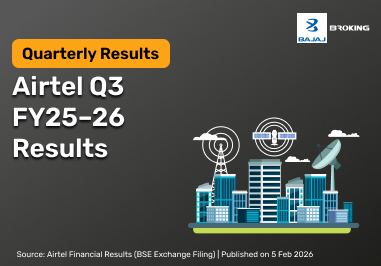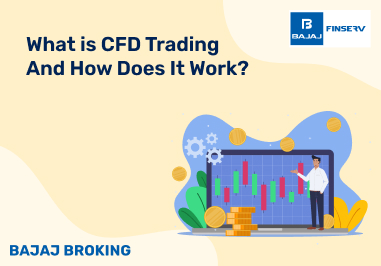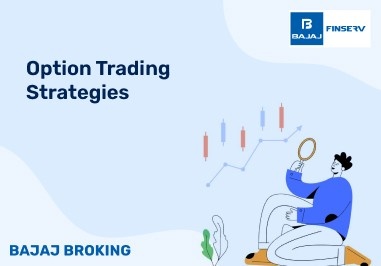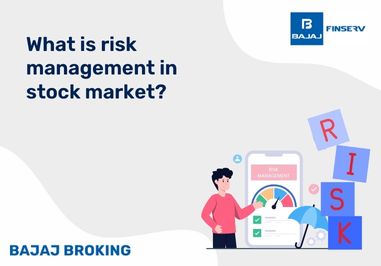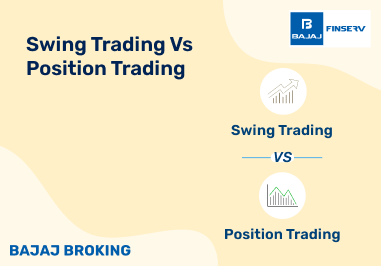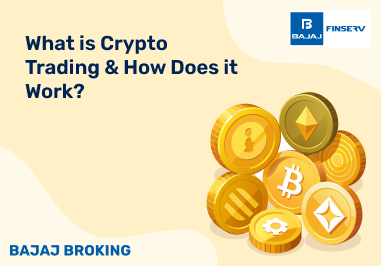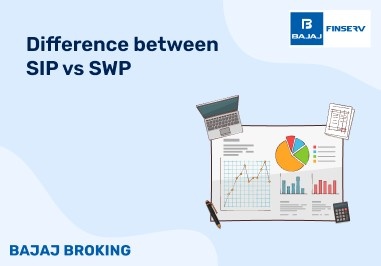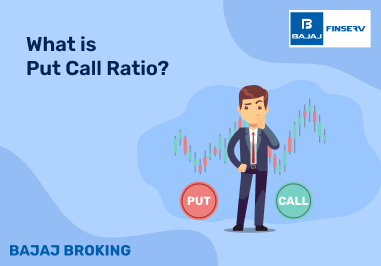Futures markets provide liquidity, transparency, and efficient price discovery mechanisms. Traders can profit from both rising (long) and falling (short) markets, making them versatile instruments in diverse economic conditions. The leverage inherent in futures trading can amplify both gains and losses, making it essential for participants to manage risk meticulously.
What are the Different Types of Futures
There are various types of futures contracts that you should be aware of:
Stock Futures
Contracts where the underlying asset is an individual stock, allowing traders to buy or sell at a predetermined future price.
Commodity Futures
Contracts based on physical commodities like gold, oil, or agricultural products allow price risk management.
Index Futures
Futures contracts based on a stock market index (e.g., Nifty 50, S&P 500) used for hedging or speculation.
Currency Futures
Futures contracts involving currency pairs, used to hedge against foreign exchange fluctuations.
Interest Rate Futures
Contracts based on debt instruments like bonds or Treasury bills, used to hedge interest rate risks.
Volatility Futures
Futures contracts based on market volatility indices, helping traders manage risk exposure to market fluctuations.
Futures Contracts
Futures contracts on stock indexes reflect the performance of a certain stock market index. Traders utilise them to speculate on the stock market’s general direction.
Agricultural Futures
These types of futures are related to agricultural products like corn, soybeans, and livestock. Farmers and food processors often use these contracts to manage price risk.
Energy Futures
These are contracts that cover energy commodities such as crude oil, natural gas, and petrol. They are necessary for hedging and betting on changes in energy prices.
Metal Futures
Precious metals such as gold and silver have their own futures contracts, which are largely used to hedge against price changes by investors and jewellery producers.
Single-Stock Futures
Based on particular stocks, these futures can be utilised for speculative trading or hedging specific stock investments.
Volatility Futures
Volatility futures are linked to market volatility indicators such as the VIX (CBOE Volatility Index) and are used to hedge against or speculate on market volatility.
Additional Read: What is Gold Futures
Who should invest in futures?
Investing in various types of futures is not for everyone and contains a level of risk that must be carefully considered. It is usually better suited for the following categories of investors:
Professional Traders
Experienced traders, such as institutional investors and hedge funds, frequently trade futures to profit from market changes and manage risk in their portfolios.
Commodity Producers and Consumers
Farmers, miners, and other commodity producers utilise futures to hedge against price changes and ensure consistent revenue. Companies that utilise commodities, such as airlines or food processors, use futures to reduce price volatility.
Speculators
Speculators, particularly individual traders, are attracted to futures because of the possibility for large gains. This method, however, has a higher level of risk and necessitates a thorough grasp of the market.
Investors Seeking Diversification
Some investors use futures to diversify their portfolios. Futures can offer exposure to asset classes that may not be readily accessible through traditional investments.
Risk Managers
Businesses and financial institutions use futures to hedge against adverse price movements, reducing the impact of market fluctuations on their operations or investments.
Currency Traders
Individuals and companies that engage in foreign exchange trading use currency futures to speculate on or hedge against currency movements.
Options Traders
Those familiar with options trading may find futures options (options on futures contracts) an interesting way to gain leverage or protect their positions.
Institutional Investors
Pension funds, endowments, and other large institutional investors may utilize futures to manage risk and optimize their portfolios.
Additional Read:Futures Pricing
Advantages and disadvantages of investing in futures
Investing in various types of futures offers several advantages and disadvantages, which potential investors should carefully consider before engaging in this market:
Advantages
Leverage
Futures allow traders to control a larger position with a relatively small amount of capital. This potential for leverage can magnify profits if the market moves in the trader’s favour.
Diversification
Futures offer access to various asset classes, like commodities, currencies, and stock indices, enabling portfolio diversification beyond stocks and bonds.
Hedging
Futures are effective risk management tools, allowing producers, consumers, and investors to hedge against price fluctuations, minimizing exposure to market volatility.
Price Transparency
Futures markets are highly regulated and offer transparency in terms of price and volume data. This transparency can help traders make informed decisions.
Global Access
Futures markets operate globally, providing access to a wide range of assets from around the world, making it easier to trade international markets.
Profit Potential in Falling Markets
Futures allow traders to profit from both rising (going long) and falling (going short) markets, providing opportunities even in bearish conditions.
Additional Read: What are Index Futures?
Disadvantages
High Risk
The leverage inherent in futures trading can lead to substantial losses. Small price movements can result in significant financial consequences, and investors can lose more than their initial investment.
Complexity
Futures markets can be complex and require a deep understanding of the specific contracts and market dynamics. Novice traders may find it challenging to navigate these intricacies.
Margin Calls
Traders are required to maintain margin accounts, and if the market moves against them, they may receive margin calls, demanding additional capital. Failure to meet margin calls can result in position liquidation.
Timing and Predictions
Successful futures trading relies on making accurate market predictions. Predicting market movements is inherently challenging, and even experienced traders can make incorrect calls.
Costs
Transaction costs in futures trading can be relatively high due to commissions, spreads, and other fees. These costs can erode profits, especially for short-term traders.
Emotional Stress
The high-stress environment of futures trading can lead to emotional decision-making, which can result in impulsive trades and losses.
Market Hours
Futures markets have set trading hours, which may not align with a trader’s schedule. This can limit accessibility for some investors.
Investing in futures can offer opportunities for profit and risk management, but it comes with significant risks and complexities. It is essential for individuals to thoroughly educate themselves, have a well-defined trading strategy, and be prepared to manage risk actively. Due diligence and proper risk management are critical to success in the futures market.
Additional Read: How is Futures Trading Different From Margin Trading?
Conclusion
In conclusion, futures trading is a dynamic and integral component of the global financial landscape. Different types of futures offer a wide array of opportunities for various market participants, including hedgers looking to mitigate price risks, speculators seeking profit potential, and investors aiming to diversify their portfolios. The advantages of leverage, diversification, and risk management make futures a compelling choice for many.
However, futures trading is not without its pitfalls. The substantial leverage can lead to significant losses, and the complex nature of the markets demands a deep understanding and careful risk management. Emotional discipline and a well-defined trading strategy are crucial for success.
The decision to invest in futures should not be taken lightly. It necessitates comprehensive knowledge, rigorous research, and a realistic assessment of one’s risk tolerance. While it offers the potential for financial gains, the futures market is not a place for the uninformed or the faint of heart. When approached with diligence and prudence, futures trading can be a valuable tool in the pursuit of financial goals.
Addtional Read: What is Silver futures
Disclaimer: Investments in the securities market are subject to market risk, read all related documents carefully before investing.
This content is for educational purposes only. Securities quoted are exemplary and not recommendatory.
For All Disclaimers Click Here: https://www.bajajbroking.in/disclaimer


